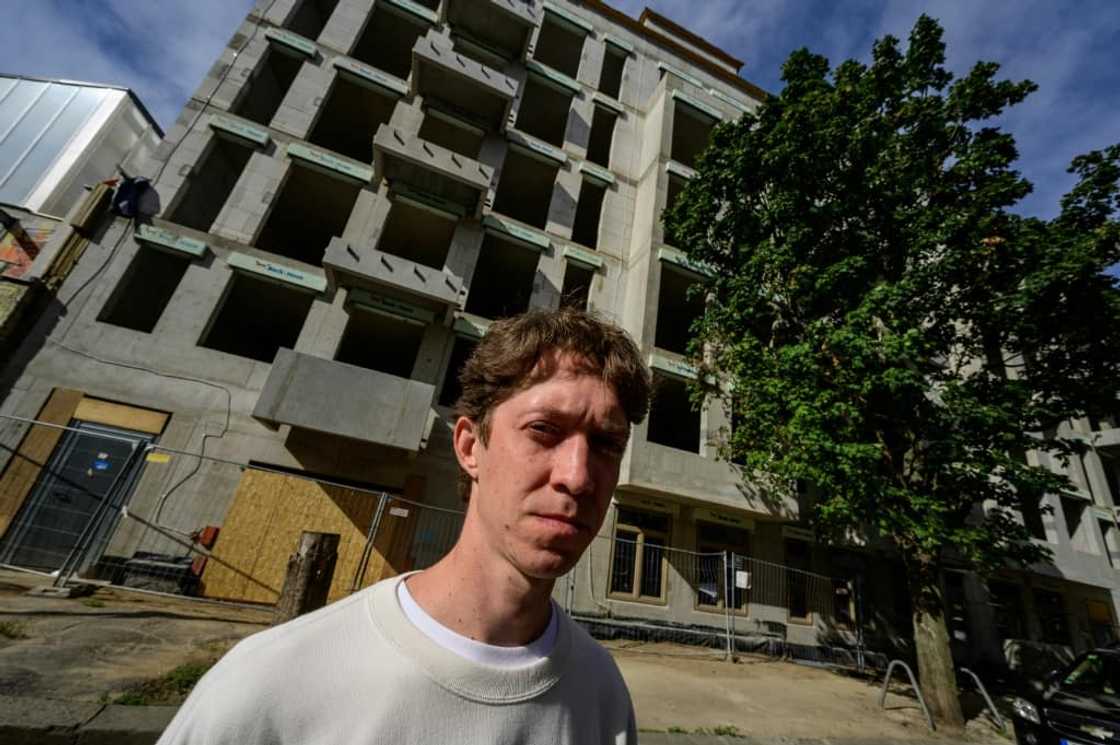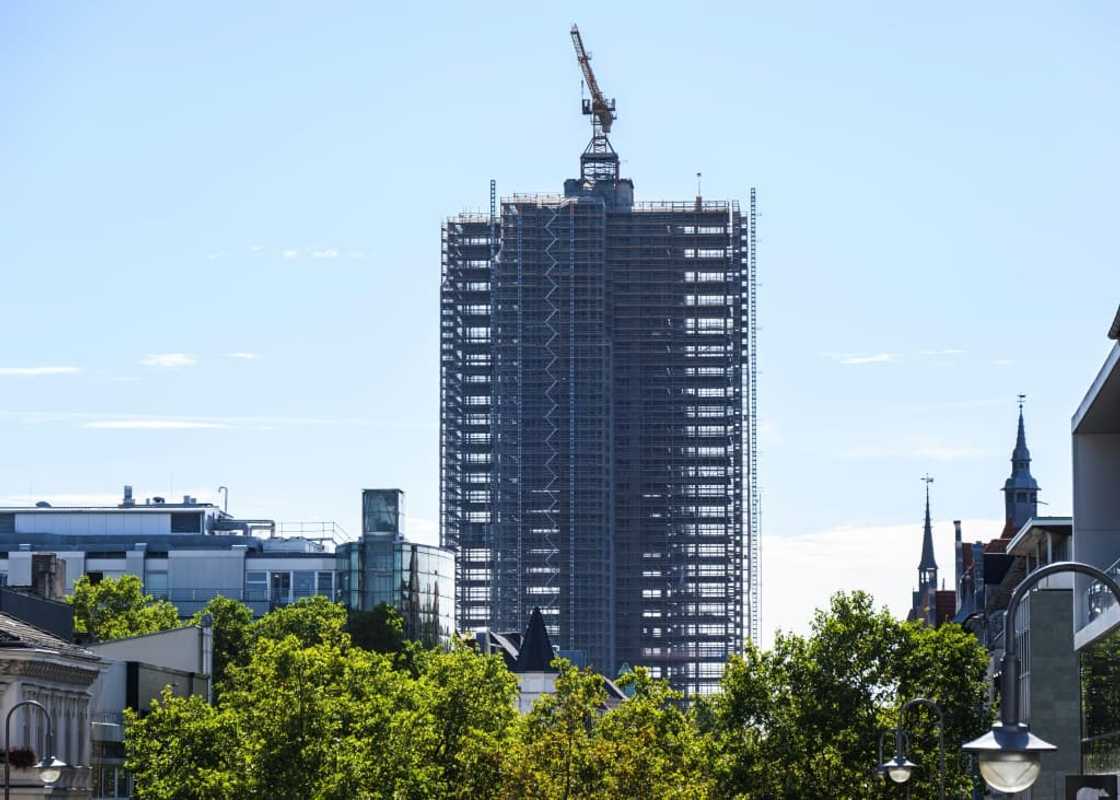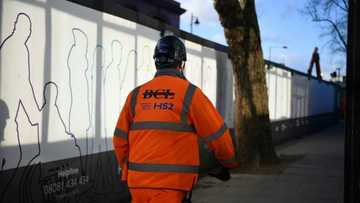Germany's housing sector slumps into crisis

Source: AFP
PAY ATTENTION: Have you recorded a funny video or filmed the moment of fame, cool dance, or something bizarre? Inbox your personal video on our Facebook page!
Valeriy Shevchenko felt like he made the purchase of his lifetime when he beat a queue of prospective buyers to secure a two-bedroom apartment in one of Berlin's most popular districts.
Two years on, the 33-year-old's housing dreams have come crashing down after the developer of his new home, Project Immobilien, went bankrupt.
Hit by a sudden jump in interest rates and raw material costs, twice as many developers have filed for insolvency over the last year than the previous 12 months.
Like hundreds of homeowners-to-be across the country, Shevchenko found construction of his new home suddenly halted, as workers cleared out of the site where the concrete skeleton of the building stands, with no windows.
"From the middle of August, the construction was frozen. The cabinets for the workers here, the crane in the middle, everything moved away," said Shevchenko at the site, shellshocked by the setback.
With such scenes multiplying across the country, Chancellor Olaf Scholz has called in leading players in the property sector for talks on Monday, with the aim of jump-starting construction.
PAY ATTENTION: Follow us on Instagram - get the most important news directly in your favourite app!
For years, record low interest rates and strong demand had spurred new projects and investment in Germany's property market.
But a sharp rise in consumer prices as a consequence of Russia's invasion of Ukraine has forced the European Central Bank to aggressively raise interest rates to curb inflation, drastically pushing up mortgage costs and in turn bringing down property prices as well as profit margins of building projects.
Builders are also suffering from higher raw material costs, a problem that had already begun during the pandemic but which has been accentuated by the Ukraine war.
"Investors no longer know how to make certain projects profitable," said Tim-Oliver Mueller, president of German building lobby group HDB.
'All my savings'
In a sign of the crisis, developer giant Vonovia recently decided to put 60,000 projects on hold.
One in five property companies has reported cancelling building projects in August, while 11.9 percent face financing difficulties, according to a recent survey by economic research institute Ifo, which described the figures as unprecedented in 30 years.

Source: AFP
Many of the halted projects are also well advanced, pushing buyers into dire financial straits.
In Berlin, investors of the Project Immobilien's construction had already paid half of what is due.
"I'm not a rich person. My money is the fruit of my labour," said Shevchenko, who had already paid up 250,000 euros ($266,100) for the apartment he bought for half a million euros.
With no insurance purchased by the building company or the future homeowners, there is no financial protection against the sudden bankruptcy.
Their only hope now is to find someone else to take over the construction, or to finish it themselves.
"I never thought that something like that could happen in Germany," said Marina Prakharchuk, 39, with tears in her eyes.
The Belarusian had paid up 175,000 euros for her 45-metre square apartment.
"All my savings are in there," said the employee of a logistics company.
'Very bad state'
Beyond the investors left roofless by insolvent developers, the property crisis risks spiralling into a giant social crisis as the knock-on effects from the building slowdown crash into the rental market.
Scholz's government had promised to build 400,000 homes a year to alleviate an endemic housing shortage made worse by burgeoning demand from an inflow of refugees and foreign workers.
But building permits have nose-dived 25 percent between January and June compared to a year ago.
Experts believe the sector will struggle to even hit 250,000 in new build approvals this year, while next year bodes no better with a forecast of under 200,000.
With less new housing stock coming on the market, rents are rising unabated, further eroding households' purchasing power.
Alarmed by the trend, Housing Minister Klara Geywitz recently announced plans to offer aid to help families get on the property ladder. She also pledged to invest another billion euro up to 2025 for student housing.
But the property sector warned that the proposals are far from sufficient.
"We are expecting a comprehensive package of measures," said the HDB's Mueller.
"The sector is in a very bad state, people are searching urgently for housing," he added.
PAY ATTENTION: Сheck out news that is picked exactly for YOU ➡️ click on “Recommended for you” and enjoy!
Source: AFP





